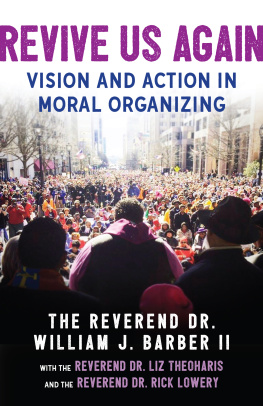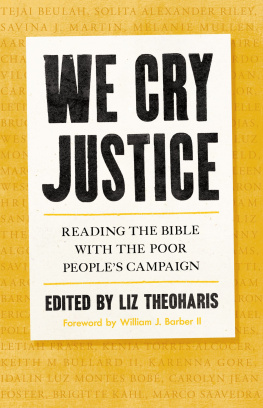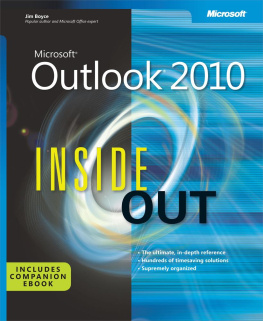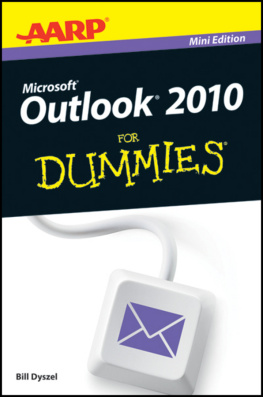About Practical Action
Practical Action is a development charity with a difference. We use technology to challenge poverty by building the capabilities of poor people, improving their access to technical options and knowledge, and working with them to influence social, economic and institutional systems. We work internationally from regional offices in Latin America, Africa and Asia. Our vision is of a sustainable world free of poverty and injustice in which technology is used for the benefit of all.
Practical Action, 2010
Practical Action
The Schumacher Centre for Technology and Development
Bourton on Dunsmore, Rugby
Warwickshire, CV23 9QZ, UK
Tel: +44 (0) 1926 634400
www.practicalaction.org.uk
Practical Action is a registered charity and company limited by guarantee.
Company Reg No 871954, England | Registered Charity No 247257 | VAT No 880 9924 76 Patron HRH The Prince of Wales, KG, KT, GCB
Citation: Practical Action (2010) Poor Peoples Energy Outlook 2010. Rugby, UK.
Practical Action encourages reproduction and dissemination of material in this report, provided that proper citation is made and that material is used accurately and not in a misleading context. However note that permission to reproduce figures and tables referenced to other authors should be obtained from the copyright holder. Reproduction of any part of this publication for commercial use is not authorised without the written permission of Practical Action.
The practitioners views expressed in of this publication are those of the authors and do not necessarily represent those of Practical Action.
Poor peoples
energy outlook
2010
Acknowledgements
The Poor Peoples Energy Outlook was produced by Practical Action with support from the Sustainable Energy Programme of the United Nations Development Program (UNDP) and many other organisations. It was compiled by a Practical Action team led by Steven Hunt and comprising Andrew Scott, Liz Bates and Drew Corbyn.
The report draws primarily on research and contributions of statistical data, project case studies and human testimonies collected by five Practical Action Consulting (PAC) country offices. PAC would like to thank Damita Samarakoon (Asia Colombo), Tapas Neupane and Min Bikram Malla (Asia Kathmandu), Francis Xavier Ochieng (East Africa), Rebecca Clements and Homero Miranda Coll-Cardenas (Latin America), and Tinashe Nhete (Southern Africa).
Practical Action would also like to thank the practitioners who contributed their perspectives on a range of key issues relating to energy access: Grant Ballard-Tremeer (Eco Ltd), Guido Glania (Alliance for Rural Electrification), Steven Hunt (Practical Action Consulting), Sheila Oparaocha (ENERGIA) and Kirk Smith (University of California at Berkeley).
Our thanks go also to the following peer reviewers who provided invaluable feedback and inputs: Frank Altena (Philips Lighting), Jeremy Doyle (IDLS), Stephen Gitonga (UNDP), Peter Heller (Canopus Foundation), Priyadarshini Karve (Appropriate Rural Technology Institute), Philip Mann (Environmental Change Institute, Oxford University), Samuel Shiroff (Bosch und Siemens Hausgerte), Sean Sutcliffe (Green Biologics), Christine Weyrich (Siemens Foundation) and Emma Wilson (International Institute for Environment and Development).
We would like to thank the people who have enriched the report both with personal accounts of living in energy poverty and experiences after gaining energy access. We have changed the names of people who provided a testimony out of respect for their privacy.
Our thanks go also to the large number of individuals and organisations who provided information from their work for the PPEO and allowed their data, photographs and references to be used.
We would also like to thank Green Ink for their editorial support. Thanks go also to Arc 7 for additional writing support.
For more information about this report, or to offer any feedback, please contact
Contents
List of figures
List of tables
Foreword
Access to modern energy services is a fundamental prerequisite for poverty reduction and sustainable human development. Energy services impact upon all aspects of peoples lives and livelihoods people without access are constrained to a life of poverty. The importance of energy access demands greater attention from the development community.
The accounts of women like Rosa in Kenya make the challenges of a life spent in energy poverty abundantly clear:
For me getting energy for cooking and lighting is a daily worry. Its so hard to find firewood that I cook for my family only once a day, in the evening. The fire provides the light for cooking and eating a meal with my children. After eating is bedtime.
Apart from the physical impact imposed in terms of fuel collection, the wasted time and the inefficient burning of woodfuel in three-stone fires, there is a huge burden on health. A staggering 1.4 million people mostly women and children die each year as a result of inhaling smoke from traditional cooking stoves. Thats 50% more than worldwide deaths from malaria.
In September 2010 the United Nations Secretary General, Ban Ki Moon launched the target of universal energy access by 2030. He described the importance of energy access in poverty reduction and the role of energy services in meeting the Millennium Development Goals (MDGs):
Universal energy access is a key priority on the global development agenda. It is a foundation for all the MDGs. Without energy services, the poor are cut off from basic amenities. They are forced to live and work in unhealthy, polluted conditions. Furthermore, energy poverty directly affects the viability of forests, soils and rangelands. In short, it is an obstacle to the MDGs.
But todays approach to providing energy access to those who lack it is, from a poor persons perspective, fractured and incoherent. National energy planning still assumes that the formal energy sector will be the principle means to ending energy poverty. But reality shows something different. The energy provided by rural electrification programmes is rarely sufficient or affordable for cooking, the most energy-consuming household activity. This leaves millions of families who have been lucky enough to benefit from such a programme preparing their evening meal under the glow of an electric light in a smoke-filled kitchen over an unimproved wood or dung-burning stove. Meanwhile national planning for improved access to mechanical power, which is so necessary for small enterprises and the development of local economies, remains almost entirely forgotten.
The Poor Peoples Energy Outlook seeks to highlight todays energy access apartheid, as a first step to ending it. The report presents the perspective of those living in energy poverty through direct testimonies, and proposes a new series of energy service standards in response. Practitioners present their perspectives on the big challenges. Finally, a new framework for action is proposed that recognises the full range of actors needed to eliminate energy poverty, and focuses energy policy on creating an energy access ecosystem in which these various actors can effectively work and flourish. This report asserts that such a change is possible. The UN Secretary Generals call for universal energy access by 2030 can still become a reality.







